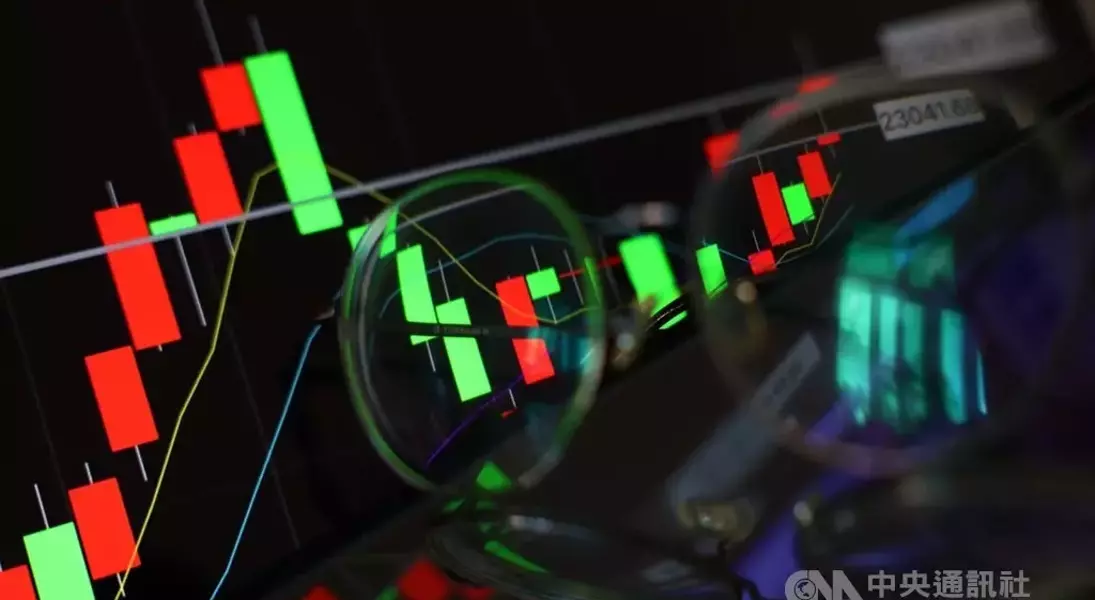Taiwan's Tech Sector Faces Turbulence as Global Semiconductor Outlook Shifts
Taipei, Taiwan - In a dramatic turn of events, the Taiwanese stock market experienced a significant downturn on Wednesday, with the Taiex, the weighted index of the Taiwan Stock Exchange (TWSE), plummeting by over 280 points. This sell-off was largely driven by a disappointing sales outlook from the Netherlands-based semiconductor equipment supplier, ASML Holding NV, which sparked a wave of futures-led selling and foreign institutional investor activity.Navigating the Turbulent Tides of Taiwan's Tech Sector
The Ripple Effect of ASML's Outlook
The announcement from ASML, a key player in the semiconductor industry, sent shockwaves through the Taiwanese market. Investors, spooked by the company's lower-than-expected sales forecast, quickly offloaded shares in Taiwan Semiconductor Manufacturing Co. (TSMC), the island's most heavily weighted stock. This sell-off contributed significantly to the Taiex's decline, with TSMC's losses alone accounting for around 200 points of the index's drop.The impact was not limited to TSMC, however. Other semiconductor-related stocks, such as IC packaging and testing services provider ASE Technology Holding Co., smartphone IC designer MediaTek Inc., and chipmaker United Microelectronics Corp. (UMC), also experienced significant losses. The electronics index and the semiconductor sub-index both fell, reflecting the broader downturn in the tech sector.Futures-Driven Volatility
The sell-off was further exacerbated by futures-led trading activity. As the October futures contracts were settled, foreign institutional investors who held a large number of short position contracts dumped stocks on the spot market to lock in their profits. This futures-driven selling pressure added to the overall market turmoil, sending the Taiex into a tailspin in the afternoon session.Bargain Hunting and Sector Rotation
Despite the initial plunge, the market did see some bargain hunting in the late morning session, as investors sought to capitalize on the dip in stock prices. However, this respite was short-lived, as the futures-driven selling reemerged in the afternoon, dragging the Taiex down once again.Interestingly, the market witnessed a sector rotation, with investors seeking refuge in the "old economy" sectors, such as transportation. Stocks in this industry, including Evergreen Marine Corp., Yang Ming Marine Transport Corp., and Wan Hai Lines Ltd., saw gains as investors looked to diversify their portfolios amid the tech sector's woes.The AI Factor and Its Impact
The semiconductor industry's struggles were further exacerbated by concerns over the future of AI development. The sell-off in U.S.-listed tech stocks, particularly the 5.28% decline in the Philadelphia Semiconductor Index, weighed heavily on investor sentiment. This, coupled with the disappointing sales outlook from ASML, led to a sell-off in TSMC and other chip-related stocks, as investors grew wary of the potential impact on the AI sector.However, not all AI-related stocks were hit hard. Companies like Hon Hai Precision Co., which produces AI servers, and Quanta Computer Inc., an AI server supplier, managed to limit their losses, suggesting that the market still sees potential in the AI space despite the broader tech sector's struggles.Foreign Institutional Investors' Role
The sell-off was further fueled by the actions of foreign institutional investors, who were net sellers of NT$34.12 billion worth of shares on the main board. This large-scale dumping of stocks, particularly in the heavily weighted financial sector, contributed to the Taiex's steep decline.The market's volatility and the foreign institutional investors' role in it highlight the interconnected nature of the global semiconductor industry and the impact it can have on Taiwan's stock market. As the world grapples with shifting technology trends and economic uncertainties, Taiwan's tech-heavy bourse remains vulnerable to the ripple effects of events beyond its borders.

